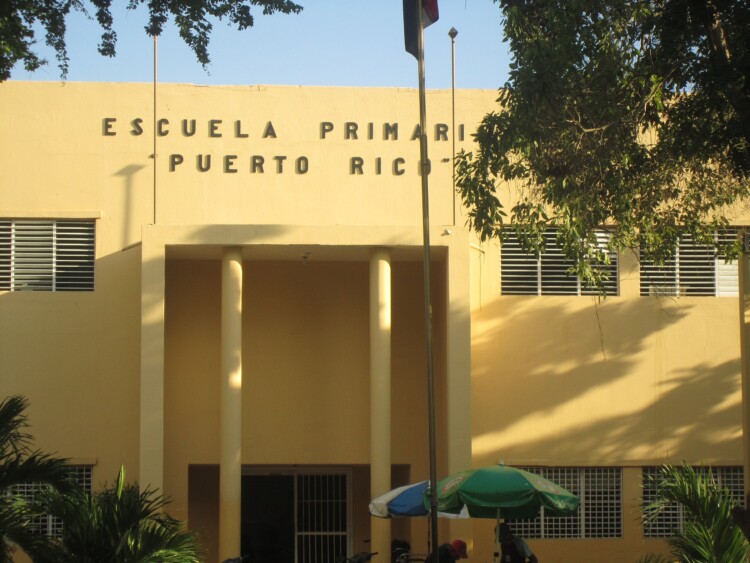The Institutional Challenge Grant has provided my colleagues and I at the Cornell Cooperative Extension-Tompkins County with an opportunity to expand an existing working relationship with researchers from Cornell University’s College of Human Ecology and work in partnership to develop strategies for mitigating the impact of the opioid epidemic on families and communities in upstate New York.
Cornell University (CU) is the Land Grant University for the Cornell Cooperative Extension system (CCE). The state-level focus is on research, while the county-level focuses on implementing research-based education. A unique characteristic of the NYS CCE system is that CCE-County Associations are stand-alone 501c3 nonprofits that respond to local needs. Historically, the relationship between CU and CCE-County Associations has played out with CU being the go-to for the latest research and County Associations helping to connect participants to university research projects. However, this approach has been piecemeal, thereby inhibiting the establishment of long-term research objectives. Additionally, these aspects of the relationships are limited by time, funding, and our individual needs.
The Institutional Challenge Grant: Our Experience
The Institutional Challenge Grant from the William T. Grant Foundation has allowed us to transform how we work together. A unique component of our partnership is that input from all involved is equally valued. The trust we’ve developed through this way of collaborating has strengthened our ability to tackle considerable challenges and respond to local needs. We utilize our strengths to see on the ground impacts and influence research.
At the outset of the work that we proposed for the Institutional Challenge Grant, we had daily communication with our partners from Cornell. Now, in addition to frequent check-ins, we hold monthly team meetings that are essential to preserving the collaborative campus/county relationship and keeping us from working in our traditional silos. This way of working together has been productive: In the first year of implementation, we planned and led two Community Café Conversations to increase collaboration and assess gaps in services for families facing the opioid epidemic, an issue that no single entity can solve. Who to invite, how to promote the event, and what questions to ask were all decided together. The well-established relationships our staff have in the community, including with the Department of Social Services and the Family Treatment Court, as well as with agencies providing services for addiction, recovery, and mental health issues, has been helpful in bringing people together and connecting the public to the valuable knowledge borne from our work. What’s more, it’s clear from these community café conversations that there is a desire to increase the cross-agency collaboration among stakeholders regarding the issues that our partnership is addressing.
Keys to Making it Work
- Nonprofits, public agencies need be brought in as equal partners;
- Nonprofits, public agencies need to feel valued and essential to furthering the work;
- Check-in consistently and regularly;
- Recognized solutions are not “one-size fits all”, context and flexibility are everything;
- Create a welcoming environment between partners; and
- Engage many partners to make it happen.
Overall, the Institutional Challenge Grant, and, more broadly, our partnership with Cornell, supports our ability to be a conduit for researchers to create relationships with community partners in order to increase the level of service and strengthen the community as a whole.





